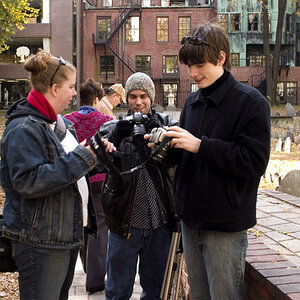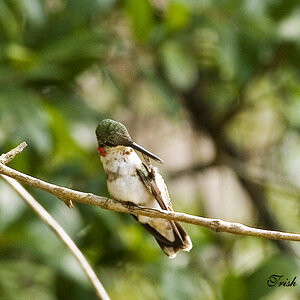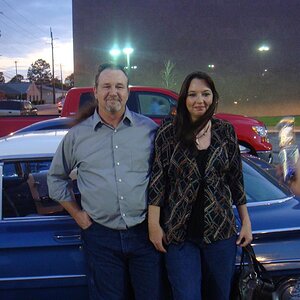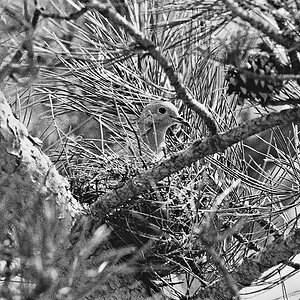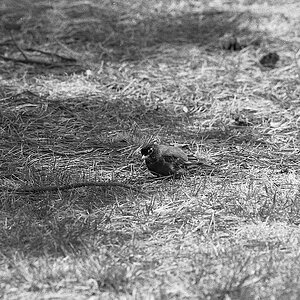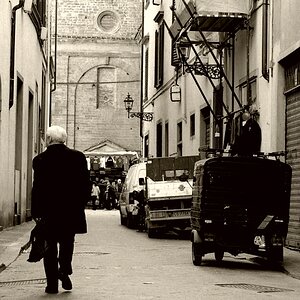Rizali
TPF Noob!
- Joined
- Feb 15, 2017
- Messages
- 1
- Reaction score
- 0
- Can others edit my Photos
- Photos NOT OK to edit
Sometime in the next couple of months, I'm planning on purchasing a digital camera. Budget is $300-$400, and is like a camera that I can add on to in the future. I want want that isn't too complicated, but at the same time takes excellent quality photos. Any advice?


 I have a marketing brochure right here in my hands that says if I buy their camera, all my pictures will be amazing. How could a multi-million-dollar marketing group from a global company be wrong?
I have a marketing brochure right here in my hands that says if I buy their camera, all my pictures will be amazing. How could a multi-million-dollar marketing group from a global company be wrong? 


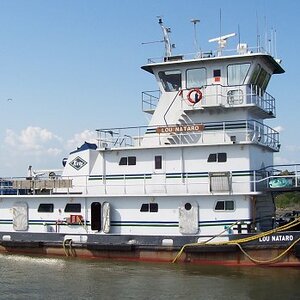

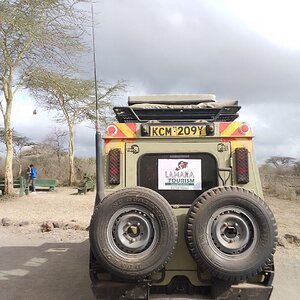
![[No title]](/data/xfmg/thumbnail/33/33341-3a6934b6cdb015b5acf31087acdcd278.jpg?1619735910)
